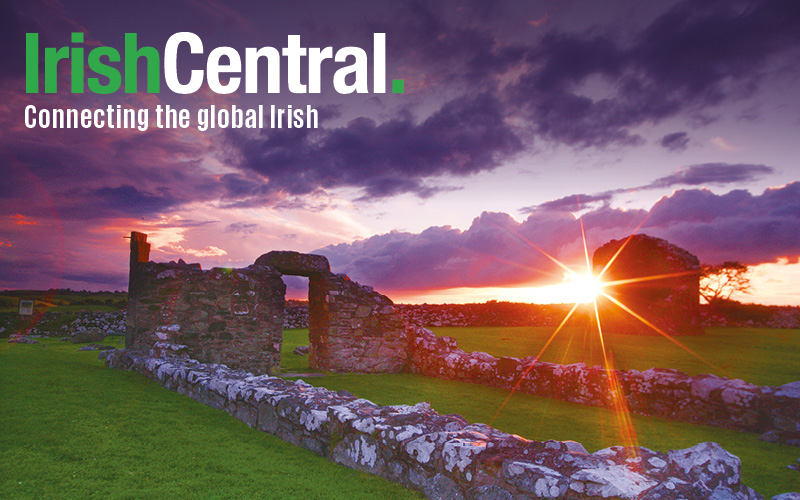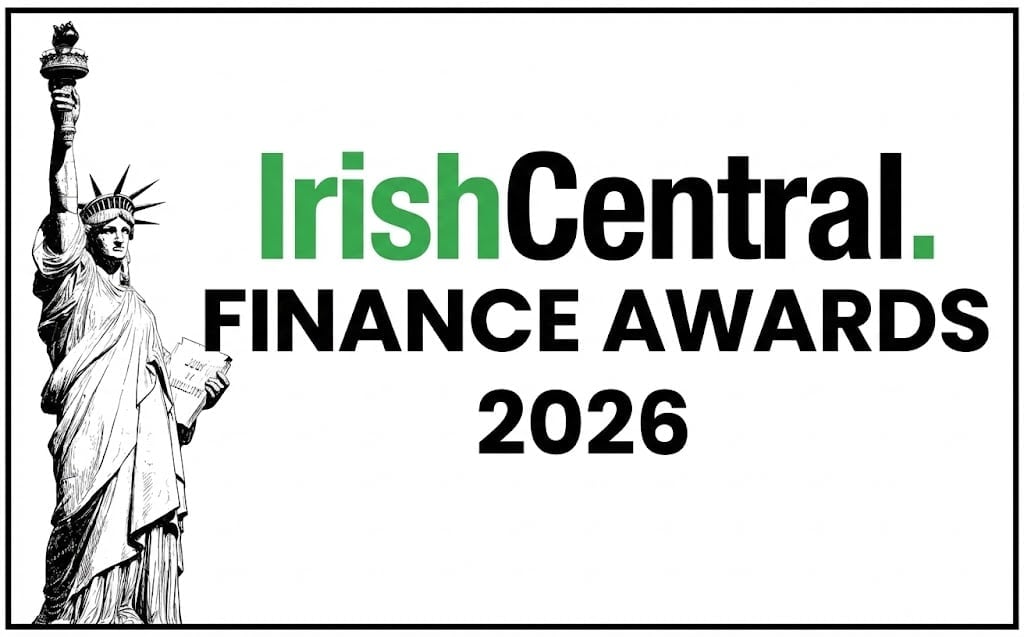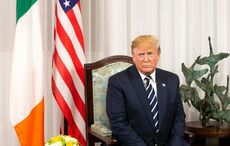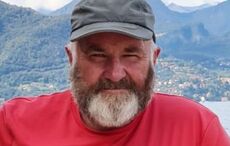A Scottish nurse being treated in London for her illness is a cousin of the former Republic of Ireland and Celtic soccer goalkeeper legend Packie Bonner.
The Glaswegian public health nurse, Pauline Cafferkey (39) was part of a 30-strong team deployed to Africa by the British government in November 2014 to work with Save the Children at the Ebola treatment center in Kerry Town, Sierra Leone.
Cafferkey still has relatives living around Kincasslagh, County Donegal, where her late grandmother hails from. Her grandmother Annie Cafferkey (nee Sharkey) came from Rannyhual, near Kincasslagh. She was the sister of Bonner’s mother Gracie, who died just a few weeks ago.
She is the first person to have been diagnosed with Ebola in the United Kingdom.
The nurse was initially placed in isolation at a Glasgow hospital when she developed a fever. She was then transferred to the Royal Free Hospital, in north London, by the Royal Air Force.
She had arrived from Sierre Leone, via Morocco, into Heathrow Airport. She was not considered high-risk upon her arrival due to the nature of her work and the fact that she showed no symptoms during her screening and temperature check.
At Heathrow, while waiting for her connecting flight to Glasgow, she alerted the authorities that she was concerned about her temperature. She was tested a further six times, within 30 minutes. She was permitted to fly and returned home, where she developed a fever and raised the alarm.
Doctor Michael Jacobs told the Belfast Telegraph Cafferkey is being treated with convalescent plasma taken from the blood of a recovered patient along and with an experimental antiviral drug which is “not proven to work.”
The hospital revealed that the hospital was unable to obtain ZMapp, a drug used to treat fellow British volunteer nurse William Pooley. According to the hospital “there is none in the world at the moment."
Jacobs described Cafferkey's condition saying, “She is sitting up and talking. She is able to read. She's been eating a bit, drinking and she's been in communication with her family, which has been really nice. She's as well as we can hope for at this stage of the illness. She's had the treatment; it's gone very smoothly, no side-effects at all."
Although the next few days are “critical” Jacobs said catching the virus in the early stages gives her the “best opportunity to give her treatment."
"At the moment, we don't know what the best treatment strategies are. That's why we're calling them experimental treatments.
"As we've explained to Pauline, we can't be as confident as we would like. There's obviously very good reason to believe it's going to help her, otherwise we wouldn't be using it at all, but we simply don't have enough information to know that's the case."




Comments